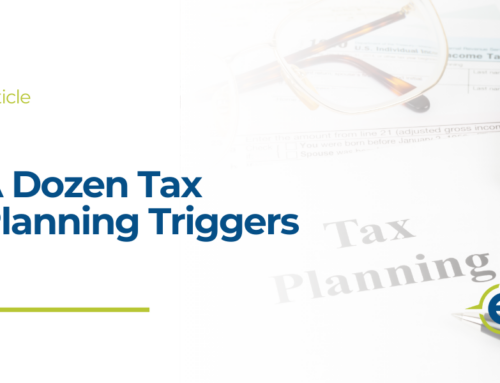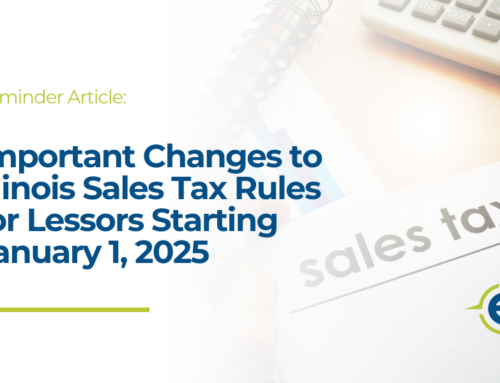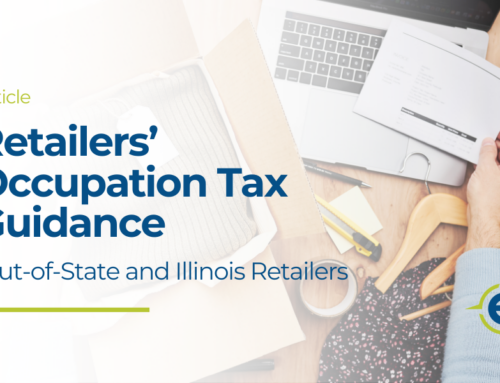U.S. Treasury’s Required Reporting of Beneficial Owners
Effective January 1, 2024, corporations, limited liability companies, and partnerships must report certain information regarding their beneficial owners to the U.S. Treasury’s Financial Crimes Enforcement Network (“FinCEN”) as part of the Corporate Transparency Act of 2020. The reporting requirements are intended to help prevent and combat money laundering, terrorist financing, corruption, tax fraud, and other illicit activity. The law applies to all new and existing businesses with certain exceptions.
Who must file:
- Businesses with annual gross revenue under $5,000,000 as reported on the most recent tax return; and
- Businesses with fewer than 21 full-time employees; or
- Businesses without a physical office open to the public (not a home office), even if annual gross revenue is greater than $5,000,000 as last reported on the most recent tax return.
In general, “full-time employee” means, with respect to a calendar month, an employee who is employed an average of at least 30 hours of service per week with an employer.
What information is filed:
Beneficial ownership information refers to specific information about the individuals who directly or indirectly own or control a company. This includes legal names, birthdates, residential addresses, government-issued documents, and personal identification numbers. “Beneficial Owners” are natural persons who (i) directly or indirectly own 25% or more of the company or (ii) otherwise exercise “substantial control” over the company.
If the individual falls into any of the categories below, the individual is exercising substantial control:
- Senior officer (the company’s president, chief financial officer, general counsel, chief executive officer, chief operating officer, or any other officer who performs a similar function).
- Authority to appoint or remove certain officers or a majority of directors (or similar body) of the reporting company.
- Important decision-maker for the reporting company.
- Any other form of substantial control over the reporting company as explained further in FinCEN’s Small Entity Compliance Guide (see Chapter 2.1, “What is substantial control?”).
For more information on substantial control, see the FinCEN Small Entity Compliance Guide: https://fincen.gov/boi/small-entity-compliance-guide
Deadlines to file:
- Companies formed on or after January 1, 2024, will have 90 days from the date of formation to report.
- Entities formed prior to January 1, 2024, have until January 1, 2025, to report.
- Changes at any time following a company’s initial filing must be reported to FinCEN within 30 days following such change.
Failure to comply with these new reporting requirements carries up to a $500 per day penalty and potential imprisonment.
How can we help?
If you are interested in having Eccezion assist with your BOI reporting, please submit your request to us by October 31, 2024, by using this link: Submission Form
Eccezion charges $500 for reporting companies with up to 2 beneficial owners. For reporting companies with more than 2 beneficial owners, there is an additional fee of $100 per beneficial owner.
If you require additional analysis to determine beneficial owners, reporting requirements or exemptions, and substantial control, our team can help. Additional fees apply.
For information about FinCEN’s beneficial ownership information reporting requirements or to register and file online, please visit https://www.fincen.gov/boi.







